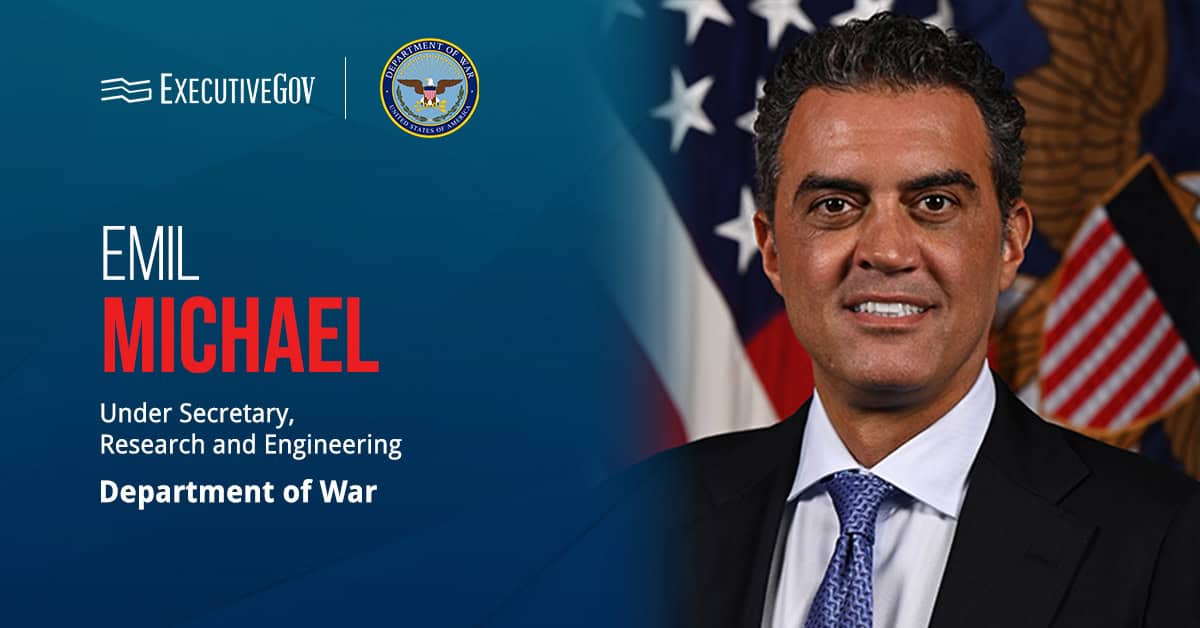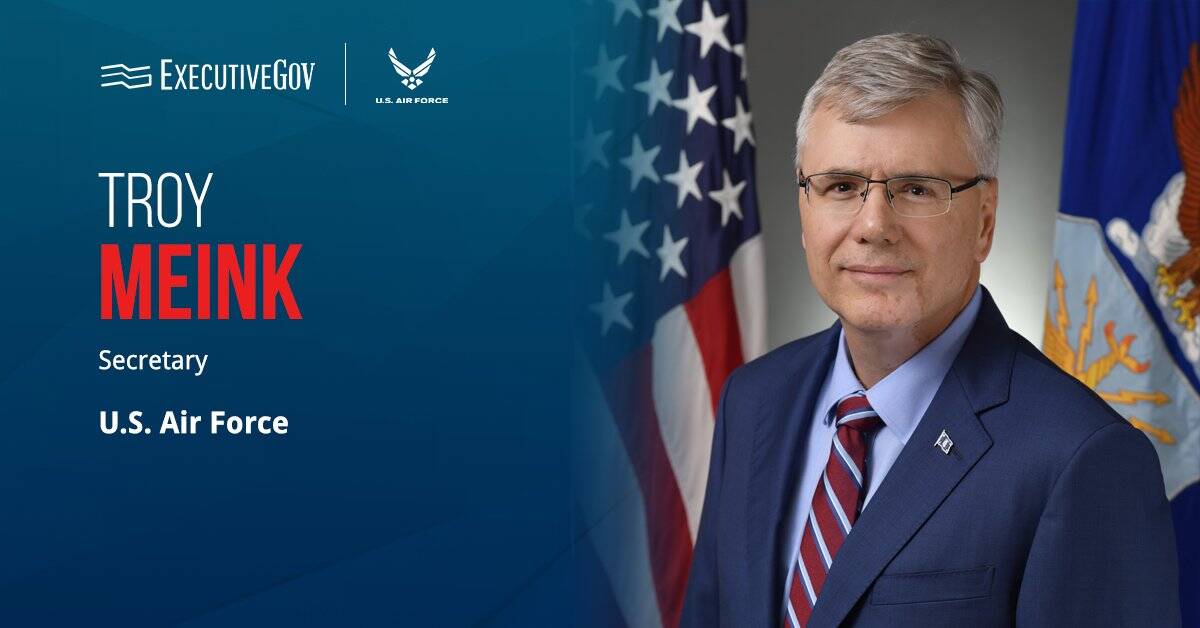
Rep. Abigail Spanberger unveiled a bipartisan legislation to protect U.S. mobile infrastructure and telecommunications systems from potential threats. The Secure 5G and Beyond Act seeks to push the government to create a strategy for defending consumers’ privacy and help companies as well as U.S. allies optimize 5G telecommunications system defenses, the office of Abigail Spanberger said Tuesday. In addition, the bill hopes to secure competition among U.S. companies and shield the integrity of international standards from political influence.
“As we work to achieve faster internet speeds and wider connectivity, our legislation would make sure we have a plan to deliver innovative technology to U.S. consumers, compete with China, and prevent foreign influence in 5G networks,” said Spanberger.





